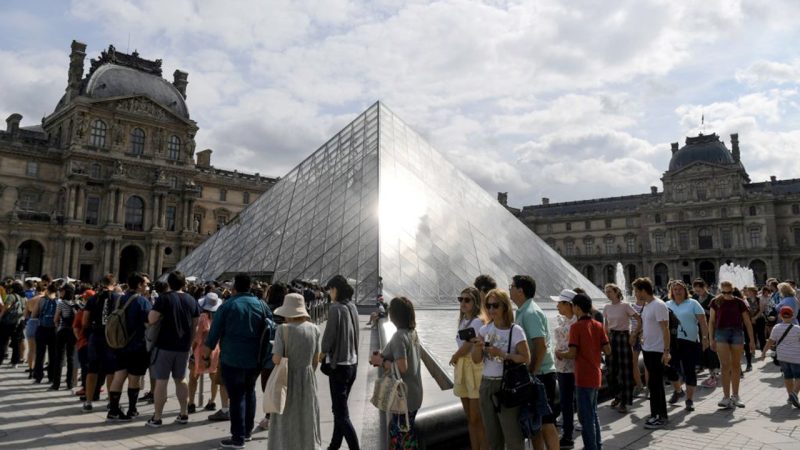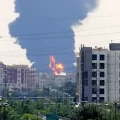
The Louvre Museum, home to the iconic Mona Lisa and countless other masterpieces, unexpectedly closed its doors to visitors on Monday. The abrupt closure left countless tourists, many having traveled from across the globe, stranded and deeply disappointed. The museum offered no prior warning, leaving visitors facing locked gates and unanswered questions. Social media quickly filled with frustrated posts from those who had planned their trips around a visit to the world-renowned museum.
The lack of communication surrounding the closure added to the general frustration. Many visitors expressed their anger not only at the inconvenience but also at the lack of transparency from the Louvre administration. With no official explanation given at the time of the closure, speculation ran rampant, with theories ranging from staff shortages to unforeseen security concerns. The situation highlighted the vulnerability of relying on large-scale tourist attractions without contingency plans in place to handle unforeseen circumstances.
While the exact reason for the closure remains officially unconfirmed, the incident serves as a stark reminder of the potential disruptions that can impact even the most established institutions. It underscores the importance of flexible travel plans and the need for museums and tourist attractions to prioritize clear and timely communication with visitors. The unexpected closure of the Louvre left a sour taste for many, raising questions about the museum’s preparedness for handling unexpected events and its responsibility to its visitors.
The incident also sparked a broader conversation about the reliance on large-scale tourism and the potential impact of unforeseen events on the industry. The Louvre, a global landmark, is a significant contributor to the Parisian economy, and its closure had far-reaching consequences. The experience serves as a cautionary tale for both travelers and institutions alike, highlighting the importance of proactive planning and transparent communication in the face of unforeseen challenges.










